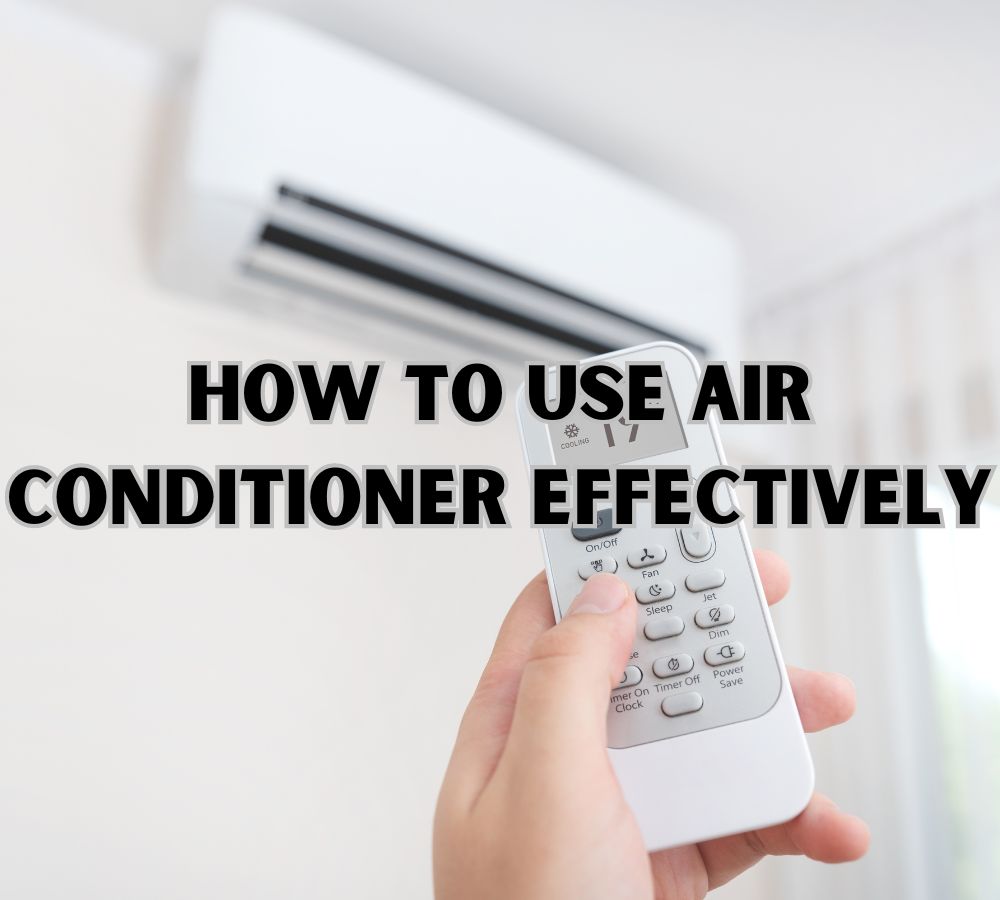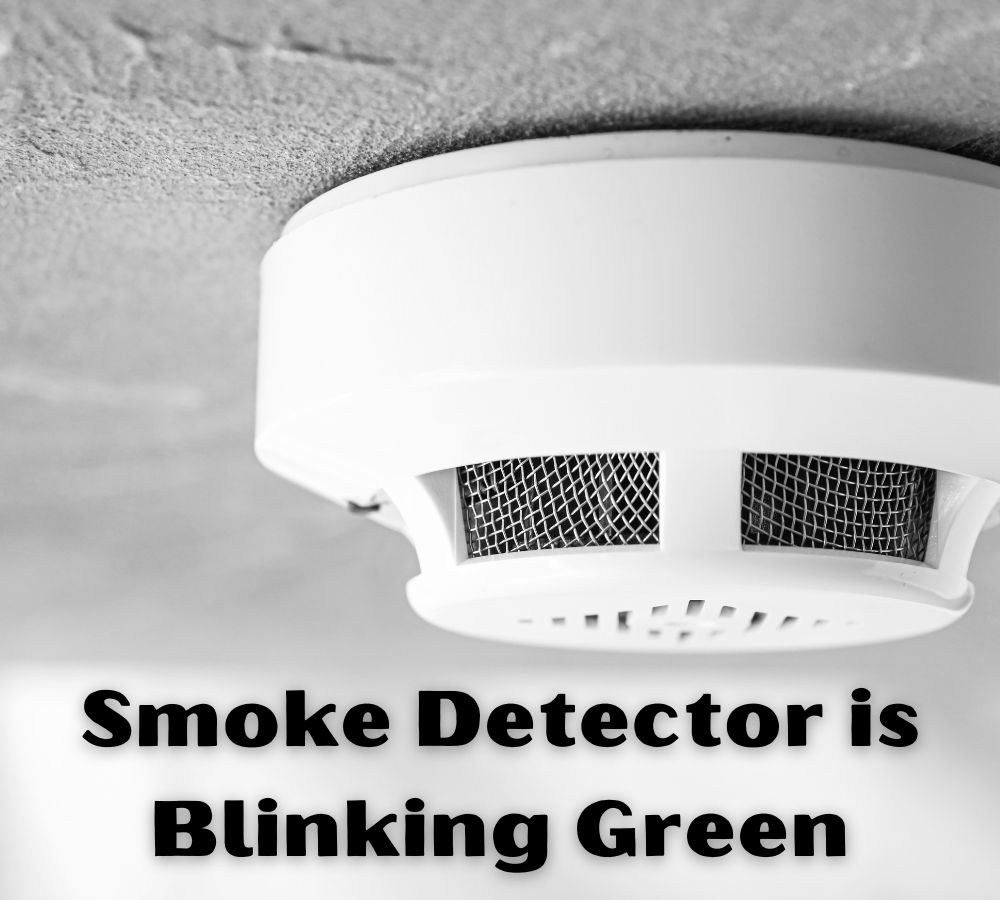Master the Chill: How to Use Air Conditioner Effectively

How to use air conditioner effectively. Summer is here, and the heat is on. Your air conditioner is your best friend for staying cool and comfortable. But are you using it effectively?
When used correctly, your air conditioner can be an energy-efficient cooling system that keeps your home at the perfect temperature throughout summer. In this section, you’ll learn valuable tips and strategies for utilizing your air conditioner to its full potential while reducing energy consumption and costs.
From simple air conditioner tips to maximizing efficiency, we’ll provide the knowledge you need to stay cool without breaking the bank. So, let’s dive in and discover how to use your air conditioner effectively this summer.
Table of Contents
Understanding Air Conditioner Basics

Maximizing the performance of your air conditioner starts with understanding its basic functions. By doing so, you can effectively set the right temperature and implement measures to improve its efficiency, ultimately saving you money on energy costs. Here’s what you need to know:
Temperature Settings for Optimal Cooling
The ideal temperature for your home varies depending on external factors such as humidity, the temperature outdoors, and personal preferences. However, a general rule of thumb is to set your thermostat to 78°F when you’re at home and turn it up a few degrees when you’re away. This helps reduce energy consumption while still keeping you comfortable.
It’s also important to avoid setting your thermostat too low, as this increases energy usage and puts additional strain on your system. For every degree below 78, you can expect a 3-5% increase in energy consumption.
Improving AC Efficiency
Maximizing the performance and durability of your air conditioner can be accomplished by enhancing its efficiency. A recommended approach involves regularly cleaning and replacing the air filter. Doing so prevents any hindrance in airflow caused by a dirty filter, which forces your system to work harder while reducing its overall efficiency.
You can also improve efficiency by sealing any leaks in your ducts, keeping the outdoor unit free of debris, and ensuring the area around it is well-ventilated. These measures help your air conditioner run smoothly and efficiently, preventing breakdowns and reducing energy consumption.
By understanding the basics of your air conditioner and implementing these simple strategies, you can maximize its performance and enjoy optimal cooling without overspending on energy costs.
Setting the Right Temperature
One of the most important factors in using your air conditioner effectively is setting the right temperature. Not only can this ensure optimal cooling, but it can also help you save on energy costs.
Experts recommend setting your thermostat to 78°F when you’re at home and increasing it to 85°F when you’re away. This temperature range provides a good balance between comfort and energy efficiency. Remember that each degree you lower your thermostat can increase your energy consumption by up to 8%, so be mindful of the temperature you set.
If you’re feeling warm, use fans to supplement your air conditioning. They can help circulate cool air around the room and reduce your air conditioner’s workload, saving you money on your energy bill.
An alternative approach is to employ a programmable thermostat that can automatically modify your temperature preferences at various times of the day. This technique enables you to conserve energy without compromising on comfort, as it increases the temperature when you are away or asleep.
Finally, consider blocking out sunlight daily to keep your home cooler. Close curtains or blinds and use reflective window film to reduce heat gain. Using these cooling strategies for your air conditioner with proper temperature settings can maximize its effectiveness and energy efficiency.
Enhancing Airflow and Air Quality

Improving airflow and air quality is essential for maximizing your air conditioner’s performance and energy efficiency. In addition to increasing your comfort, proper maintenance can also extend the lifespan of your unit. Follow these AC maintenance tips to achieve optimal performance.
1. Regular Air Filter Replacement
Dirty air filters can impede airflow, making your air conditioner work harder to cool your home. Replace your air filters every one to three months to ensure proper airflow and improve AC efficiency.
2. Clean Air Ducts
Air ducts are responsible for distributing cool air throughout your home. Over time, air ducts can accumulate dust and debris, reducing airflow and air quality. Regular cleaning can improve efficiency and reduce energy consumption.
3. Use Ceiling Fans
Ceiling fans help improve airflow, reducing the workload of your air conditioner. Run your ceiling fans counterclockwise in warmer months to create a cooling breeze in your home. This can help you maintain a comfortable temperature while reducing energy consumption.
4. Check for Leaks in Ductwork
Leaky air ducts can strain your air conditioner, reducing efficiency and increasing energy bills. To combat this issue, it is recommended to examine your air ducts for leaks and effectively seal any gaps using either duct mastic or metal tape. By taking these measures, you can significantly enhance airflow and maximize energy efficiency.
5. Professional Maintenance and Upkeep
Make sure to book regular maintenance appointments with a licensed HVAC technician to maintain your air conditioner’s efficient operation. Having a professional clean and inspect your unit can identify any performance problems. This routine maintenance will help extend the lifespan of your system and enhance its overall efficiency.
Utilizing Programmable Thermostats
Consider investing in a programmable thermostat to maximize your air conditioner’s performance and reduce energy consumption. This technology allows you to schedule temperature changes based on your daily routine, which means you can automatically turn off the air conditioner when you’re not at home and reduce its workload during peak energy usage hours.
By utilizing programmable thermostats, you can effectively cut down on your energy expenses by minimizing your air conditioner usage. Save energy and money by setting up a schedule for your thermostat to activate the air conditioner only when necessary. Additionally, this practice can extend the lifespan of your cooling system as it won’t have to exert excessive effort in maintaining a constant temperature throughout the day.
Maximizing your air conditioner’s performance with a programmable thermostat also means you can enjoy more comfortable temperatures at home. You can program the thermostat to turn on the air conditioner before you arrive, so your home is cool and comfortable when you walk in the door.
A programmable thermostat is an effective way to increase your air conditioner’s efficiency and reduce energy consumption. Properly using this technology can help you save money while improving your comfort levels during the hot summer.
Utilizing Natural Cooling Methods
Summer heat can be brutal, and it’s tempting to blast the air conditioner non-stop. However, by utilizing natural cooling methods, you can reduce your reliance on your air conditioner and save on energy costs. Here are some tips:
- Use fans: Ceiling and portable fans can help circulate cool air and create a refreshing breeze. Make sure they’re rotating counterclockwise to push cool air downwards.
- Shade your windows: Use curtains, shades, or blinds to block out direct sunlight and keep your home cooler.
- Optimize ventilation: To bring in refreshing breezes open windows and doors during the evenings and early mornings. For added relief, employ exhaust fans in your kitchen and bathroom to eliminate any trapped heat or humidity.
Incorporating these methods can increase cooling efficiency and reduce energy bills. Use your air conditioner wisely and only turn it on when necessary.
Regular Maintenance and Upkeep

Maintaining your air conditioner appropriately is vital for its efficient and effective operation. The subsequent AC maintenance recommendations enhance performance, decrease energy consumption, and mitigate the risk of expensive breakdowns.
- Replace filters regularly.
- Check refrigerant levels and refill if necessary.
- Clear debris from the outdoor unit.
- Clean the evaporator coil.
- Check for leaks in ducts and seal them properly.
- Ensure proper airflow by keeping vents clear of obstructions.
Moreover, maintaining your air conditioner’s health and optimal performance requires regular professional servicing. Engaging an experienced technician will enable early detection and resolution of possible problems before they escalate, thus ensuring the seamless operation of your system for many years to come.
By following these AC maintenance tips, you improve your air conditioner’s efficiency and effectiveness, extend its lifespan, and save money in the long run.
Energy-Saving Habits
Reducing energy consumption with your air conditioner is good for your wallet and the environment. Adopting simple yet effective habits can maximize your AC’s performance and minimize energy costs.
- Use ceiling fans in conjunction with your AC to circulate cool air and reduce the workload on your system, maximizing AC performance.
- Properly insulate your home to keep cool air in and hot air out, reducing the need for your AC.
- Minimize heat-generating appliances, such as ovens or dryers, during the hottest part of the day to avoid overworking your AC.
By following these tips, you can create a more energy-efficient environment that will benefit your AC’s performance and the environment in the long run. Adopting energy-saving habits is an easy and effective way to manage your AC’s energy consumption while staying cool and comfortable throughout the summer.
Conclusion
Remember to set the right temperature, enhance airflow and air quality, utilize programmable thermostats, and adopt energy-saving habits to reduce energy consumption. These simple tips and strategies can help keep you cool and comfortable all summer while being mindful of the environment.
Regular maintenance and upkeep are essential to ensure your air conditioner operates at maximum efficiency, so clean filters, check for leaks, and schedule professional servicing when needed. You can explore alternative cooling methods like fans, shading windows, and optimizing ventilation to supplement your air conditioner’s performance.


